|
We hear from two Rohingya first responders, Rihana and Rohima, about their work to help communities in Kutupalong Refugee Camp, Bangladesh during emergencies. For Rohingya refugees from Myanmar sheltering in Cox’s Bazar, Bangladesh, the months of June, July and August can be particularly risky. This is the monsoon season and the refugees’ flimsy bamboo and tarpaulin shelters offer little protection against severe weather and flooding. High population density combined with deforestation have created a high risk of landslides. Community Partners International (CPI) trains and equips a network of 80 Rohingya Community Health Volunteers (CHVs) to provide emergency preparedness, first response, and rescue services to their communities during the monsoon season. CPI’s first responder training covers key topics, including cardiopulmonary resuscitation (CPR), wound care, hemorrhage control, and safe patient lifting and transportation. CHVs are equipped with rescue kits that include first aid supplies, a life vest, a head torch, stretchers and throw lines. CPI-supported CHVs Rihana and Rohima provide first response and rescue services to their community in Kutupalong Refugee Camp. What are the biggest dangers that the monsoon weather brings for refugees? Rihana: Compared to Myanmar, the rainy season here in Bangladesh is very dangerous. The shelters built in camps are mostly made of bamboo, tin and plastic sheets. They are not strong enough to withstand storms, heavy rainfall and flooding. Landslides happen often in the camps. What do you worry about most during the monsoon season? Rihana: We worry the most about the availability of proper drinking water and housing facilities. When there is heavy flooding, the water in the tube well becomes dirty and we are no longer able to use it for drinking. Due to the monsoon storms, the shelters get badly damaged. Every night we live in fear of our homes collapsing and we can’t sleep properly. Rohima: Another big concern is the health of the community. The spread of diseases like diphtheria and diarrhea are very common in this season. Many children suffer from fevers and colds. We came here for safety, leaving our homes and belongings to have a life without fear. But here also we are facing many difficulties due to the climate. It is hard to live like this. What kinds of support are you able to provide to your communities in an emergency? Rohima: If a storm or heavy rainfall is forecast, UNHCR passes the information to our CHV Coordinator. The Coordinator contacts us and informs us about the risk, and then we go and inform the households in our catchment areas. We are trained about flood levels, so when we know what the expected flood levels will be, we help community members whose shelters are at risk to move to safer areas. We have the contact numbers of ambulance services and mobile medical teams so we can summon them in an emergency. When emergencies occur, we collect information and check on the patients during our household visits. If patients aren’t able to go to health facilities on their own, we help them. We also know how to use life vests, stretchers and other rescue and first aid equipment. Every CPI-supported CHV is equipped with a first aid kit to use in emergencies. How do you feel about your rescue role? How important is this role for the community? Rihana: We feel thrilled to be part of the helping team. We are gaining experience and education, and we are getting empowered. The training we have received has shown us that we can contribute to the betterment of the community. Now we know that every single person can bring change. When we work together, it helps the community to grow and strengthen. Rohima: The camp community is not very aware of emergencies. It is important to have volunteers like us, who are from the community and know them personally, to act as intermediaries. We have good connections to community leaders so that information and alerts can be passed quickly to the community. We have been working with CPI for two years and we receive respect from community members since they know that we are working to help them. They can call us at any time if there are emergencies. They know that we have first aid kits and they approach us if they need anything. We accompany them to health facilities and make sure that they are getting good treatment. They don’t hesitate to call us at night because they know we are there for them. We think that is a success of ours in contributing to the community. What kinds of challenges do you face in your work?
Rohima: Sometimes we face difficulties due to the lack of health knowledge among the community. Once there was an incident when a man fell out of a tree. He needed CPR immediately but the community members thought that pressing hard on his chest would injure him and didn’t allow us to provide it. Community members also face communication difficulties when they visit local clinics as there are often no interpreters available. This makes them feel uncomfortable and reluctant to go to the clinic. They are not able to explain their problem clearly and sometimes they receive the wrong kind of medication. Rihana: It can be difficult for us to balance our work life and family. We get emergency calls from households at all times of day and night, and so have less time to spend with our own families and take care of our children. But, we are proud of what we are doing and will continue to help our community. Another issue we face is that, since we attend health training and workshops, we know what causes disease and poor health. We know what causes diarrhea and malnutrition but there is not much we can do to resolve this situation. So we feel more worried and sometimes helpless about people’s health and lives than others who don’t know much about it. Even though we are facing all these issues, we hope it is just a matter of time before we can live in healthier and more dignified conditions. Comments are closed.
|
AuthorCPI Admin Archives
July 2024
Categories
All
|
|
|
COMMUNITY PARTNERS INTERNATIONAL
580 California St Fl 16, Ste 1658, San Francisco, CA 94104-1068, USA [email protected] +1 510 225 9676 We are a registered nonprofit 501(c)(3) Public Charity. TAX ID 94-3375666 |
©
Community Partners International

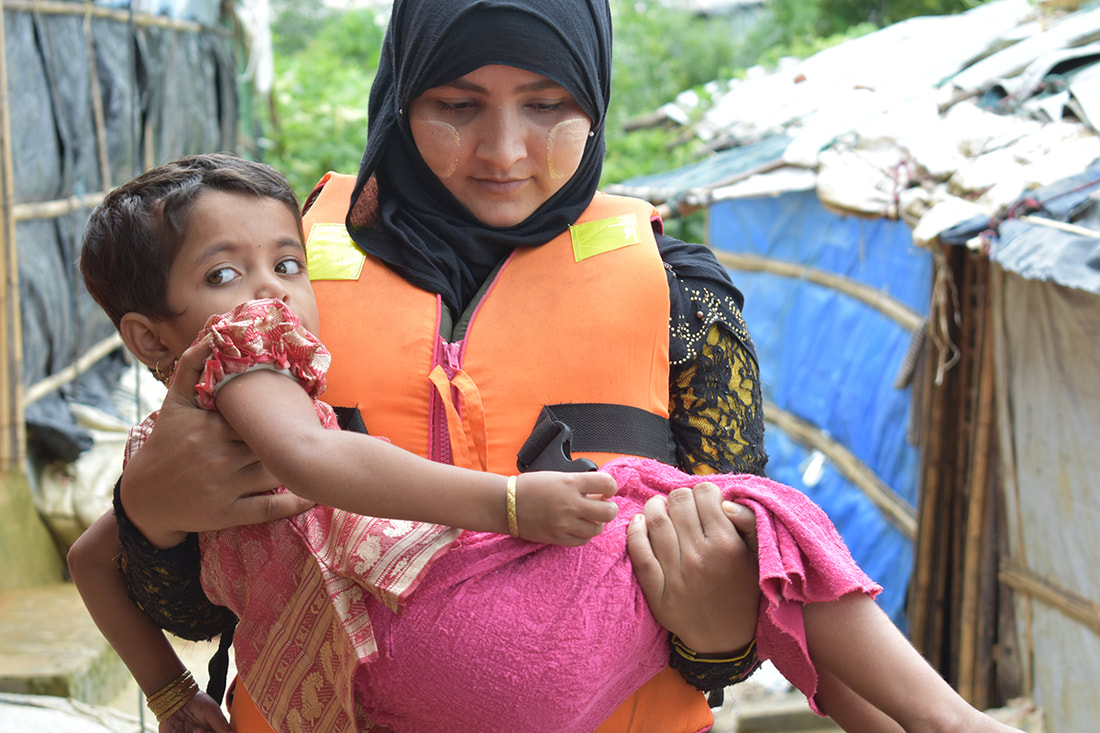
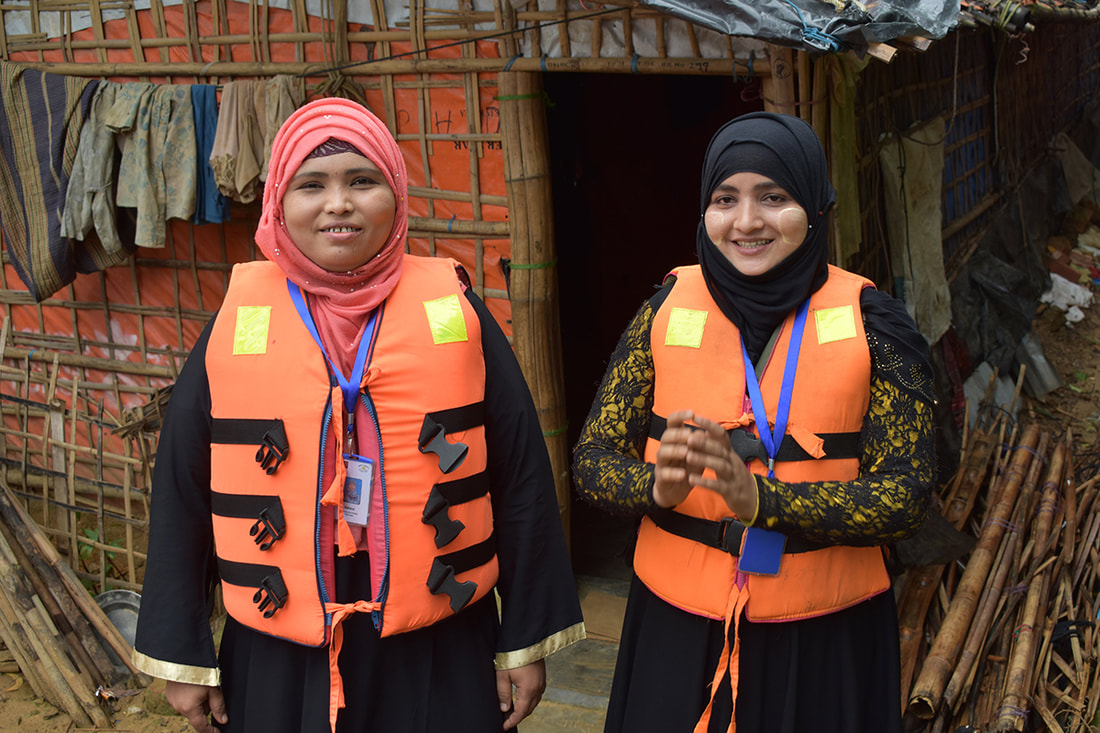
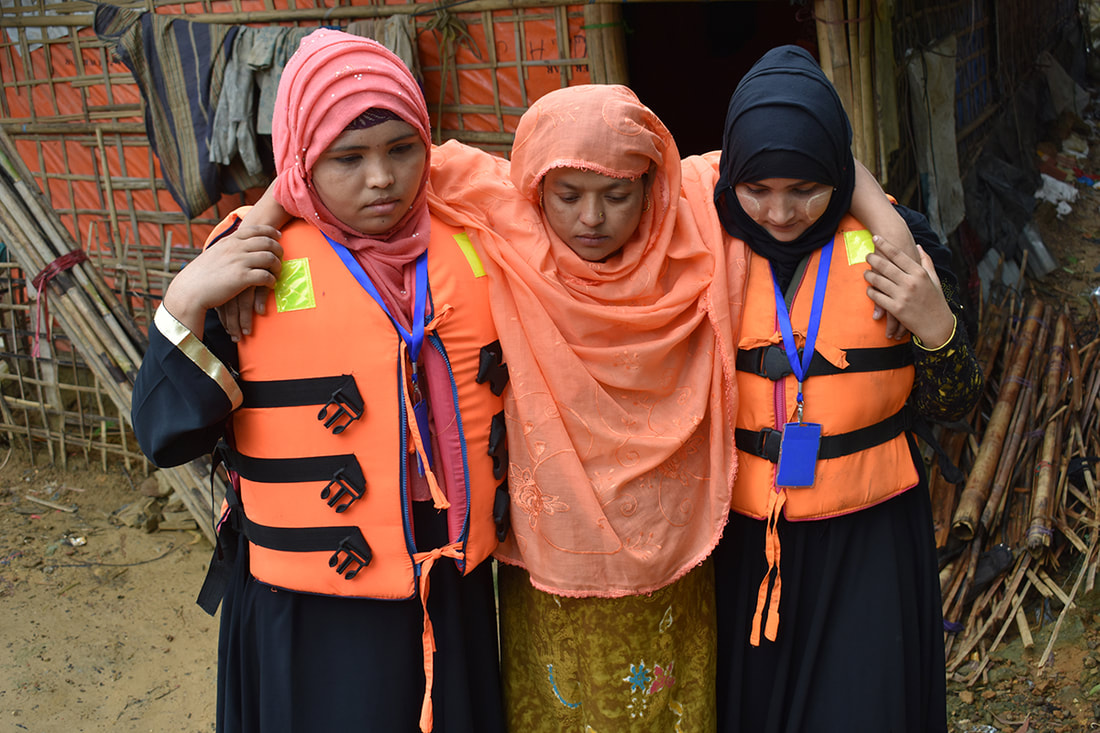
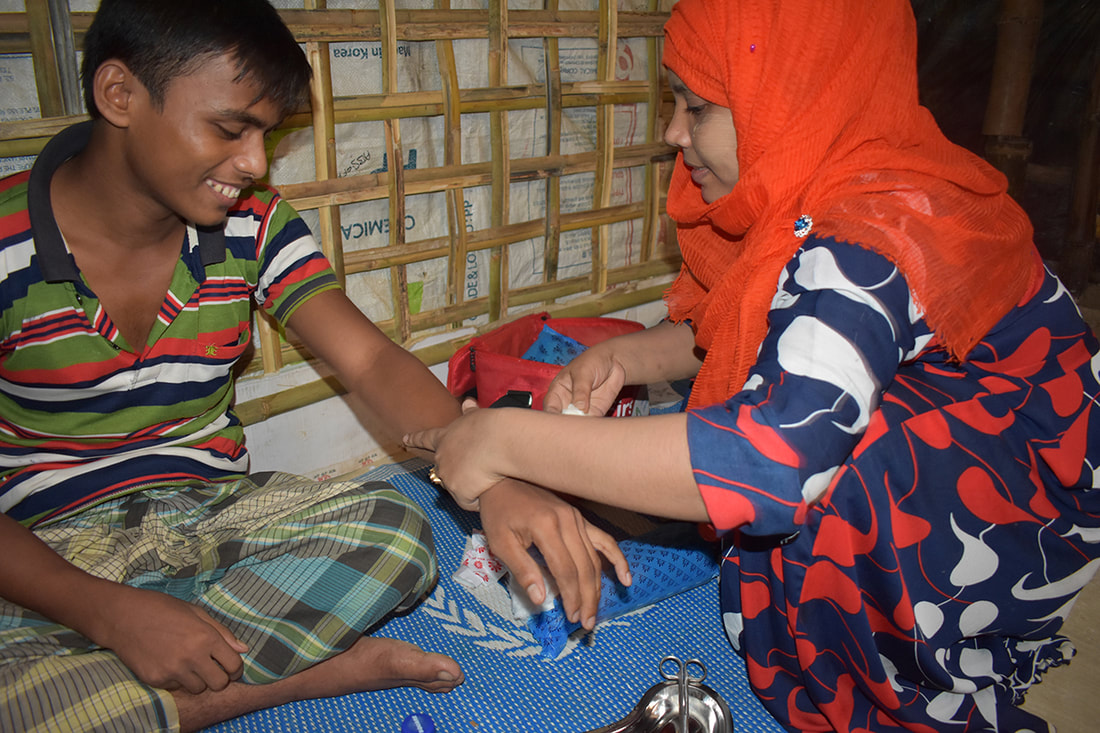
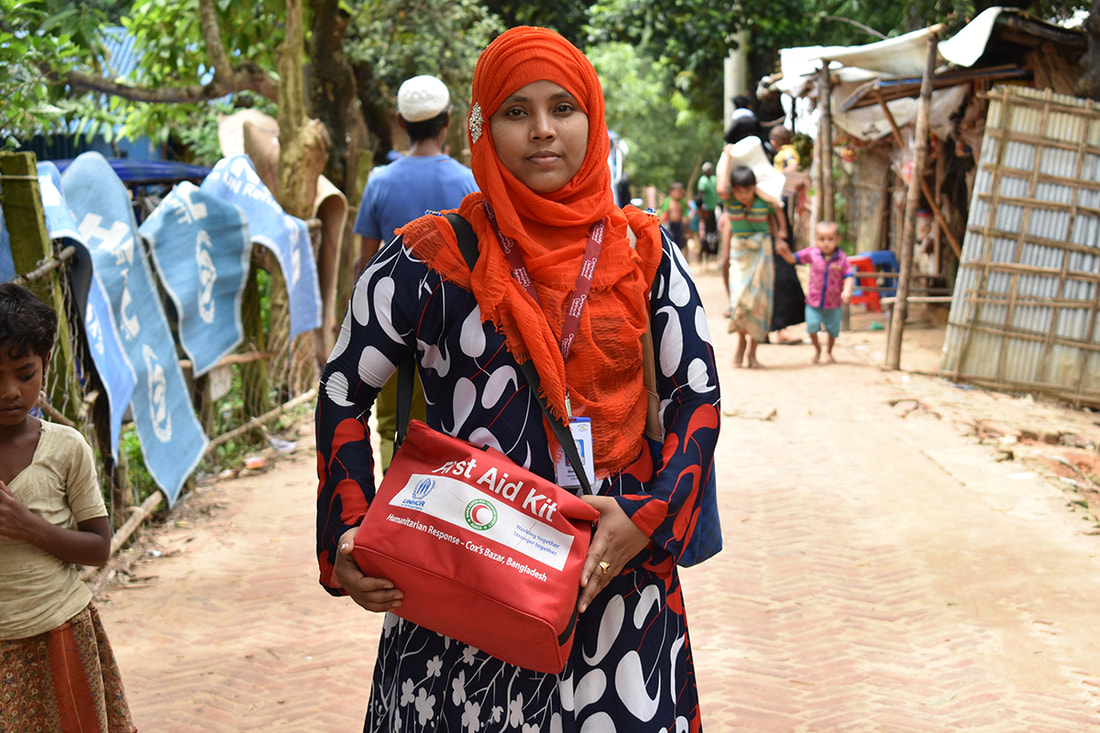
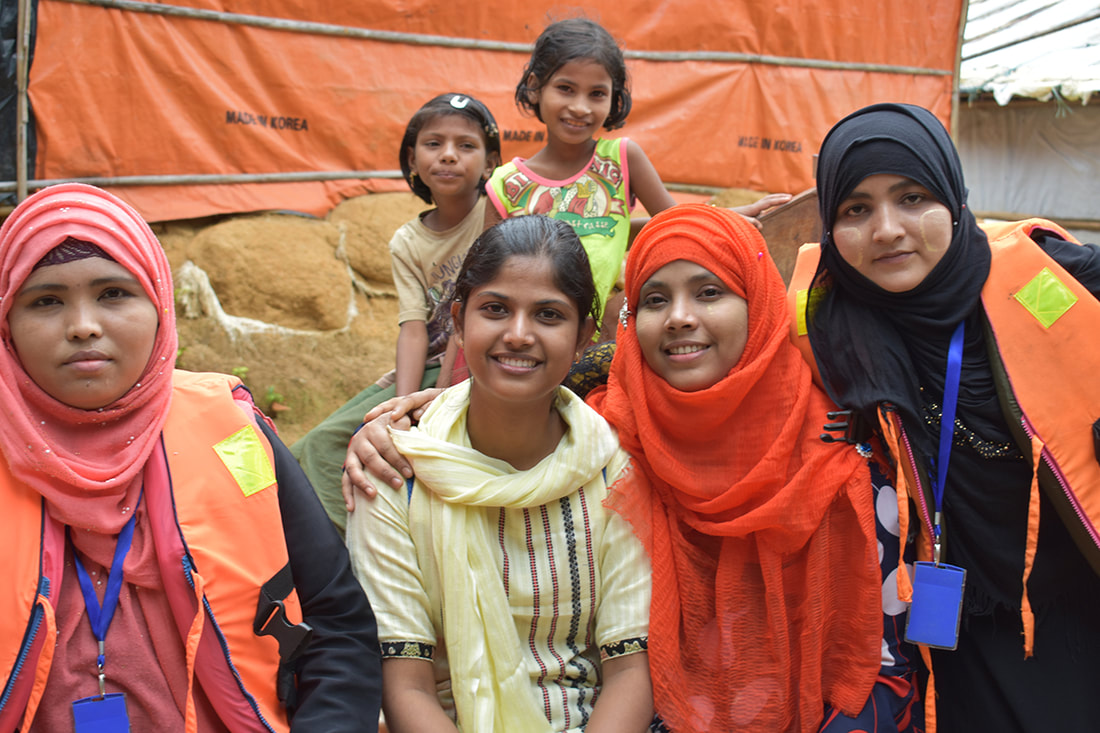
 RSS Feed
RSS Feed
